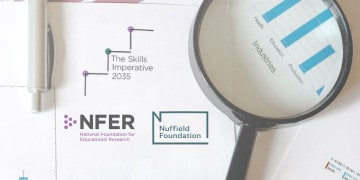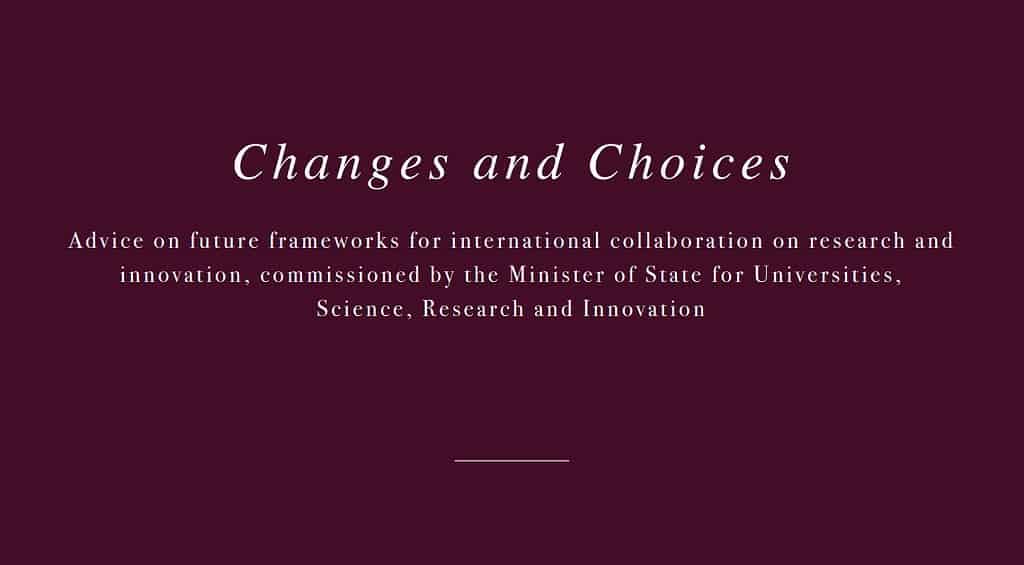Dr Sheila Gilheany, Policy Adviser with the Institute of Physics in Ireland, addresses the challenges facing physics in Northern Ireland
Northern Ireland Assembly Elections – Should physics head the agenda?
14 Apr 2016
With the Northern Ireland Assembly election approaching, political parties and candidates are busy setting out their policy stalls, with health and the economy featuring strongly in party literature, along the usual unionist/nationalist concerns. It is probably fair to say that physics is not at the top of the agenda, yet many of the issues facing NI can be tackled by supporting physics.
A strong, balanced economy is clearly desirable in an area of the UK which is highly dependent on the public sector. Physics-based industries in N. Ireland provide over 27,000 jobs, particularly in high-tech manufacturing and engineering. Companies such as Seagate and Bombardier have some reliance on physics or employees with a strong background in physics. However, NI lags behind the rest of the UK where physics-based manufacturing accounts for over 50% of manufacturing GVA compared with only 25% in N. Ireland. There is clearly scope for growth and efforts should be concentrated on identifying opportunities for this sector.
To grow the NI physics base, investment is needed in all areas of physics education from primary to university. Students who study physics at school and university are in high demand yet there are many barriers to all students having the opportunity to take this subject.
At primary level, science is delivered as part of a wider curriculum alongside history and geography and there is no statutory duty on teachers to teach these subjects equally, while more than half of all second level schools do not have any students taking A-Level physics. The next executive should conduct a review to identify and table the barriers to physics becoming a realistic option to pursue at A-Level for all students. Universities in N. Ireland train the next generation of STEM-skilled graduates and provide crucial support for business. However, NI universities receive between £1000 and £2500 less per student than universities in England. This gap must be closed.
Because of the importance of physics to the economy, it is vital that politicians address some of the major challenges that are being faced by all involved in physics in Northern Ireland. Many of these issues are interlinked and require measures across a number of government departments. It is vital that politicians and policy makers have access to independent evidence to inform their decision making. For this reason the Institute of Physics is calling for the appointment of a national STEM advisor as recommended by the 2009 Review of STEM. The problems in our schools and universities need to be addressed. We risk denying a generation the opportunity of developing skills they will need to drive economic growth in Ireland.
Related articles

The Physiological Society’s policy team on the health challenges facing older workers and the urgent need to develop a strategy to ensure older people are happy and healthy at work.

Jo Reynolds, Director of Science and Communities at the Royal Society of Chemistry, on the RSC’s new summary report looking to unlock the potential of deep tech SMEs.

Lisa Morrison Coulthard, Research Director at the National Foundation for Education Research, on the Nuffield Foundation funded five year research programme providing insights into the essential employment skills needed for the future workforce

Sir Adrian Smith, Institute Director and Chief Executive of The Alan Turing Institute, and Graeme Reid, Professor of Science and Research Policy at UCL, set out the findings from their new independent report on international partnership opportunities for UK research and innovation